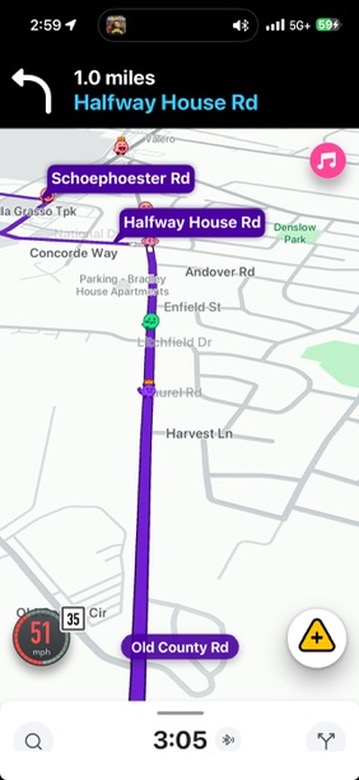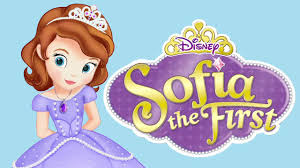Looking for a new musician to love?
Pink, whose music I already like a lot, recently announced her plan to give away 2,000 banned books at each of her coming Florida concerts.
She’s teamed up with PEN America and the Florida bookstore Books & Books to combat book bans, especially those targeting authors writing about race and sexual identity.
“Florida overtook Texas during the last school year with more books banned in public school classrooms and libraries than any other state in the union,” according to newly released data, PEN America said.
Congratulations, Florida. Along with the great state of Texas, you now lead the nation in book banning, which definitely makes a lot of sense. If you ban books about systemic racism and gender identity, it will be absolutely impossible for these smartphone-addicted, internet-savvy kids to gain access to any of this content elsewhere.
After all, if you can’t learn about something in a book, where else could you possibly go for unfettered access to that information in 2024? When it comes to knowing stuff, your only realistic option is a book.
Right?
Of course, banned books often see a dramatic increase in sales due to the banning, too. The books “Maus I” and “Maus II” by Art Spiegelman saw a 130 percent bump in sales and media coverage after a Tennessee school board banned them in January.
Author Ibram X. Kendi also saw sales for his book, “Antiracist Baby,” increase 5,000 percent in March after Texas Senator Ted Cruz criticized it during the Supreme Court hearing for Judge Ketanji Brown Jackson.
So, in some ways, Florida and Texas (and every other book-banning moron) are directly responsible for the proliferation of these banned titles, including many in their own states.
The more you attempt to limit access to these books, the more these books exist in the world.
Florida and Texas: Two very progressive states driving awareness and sales of books on subjects like systemic racism and gender identity.







